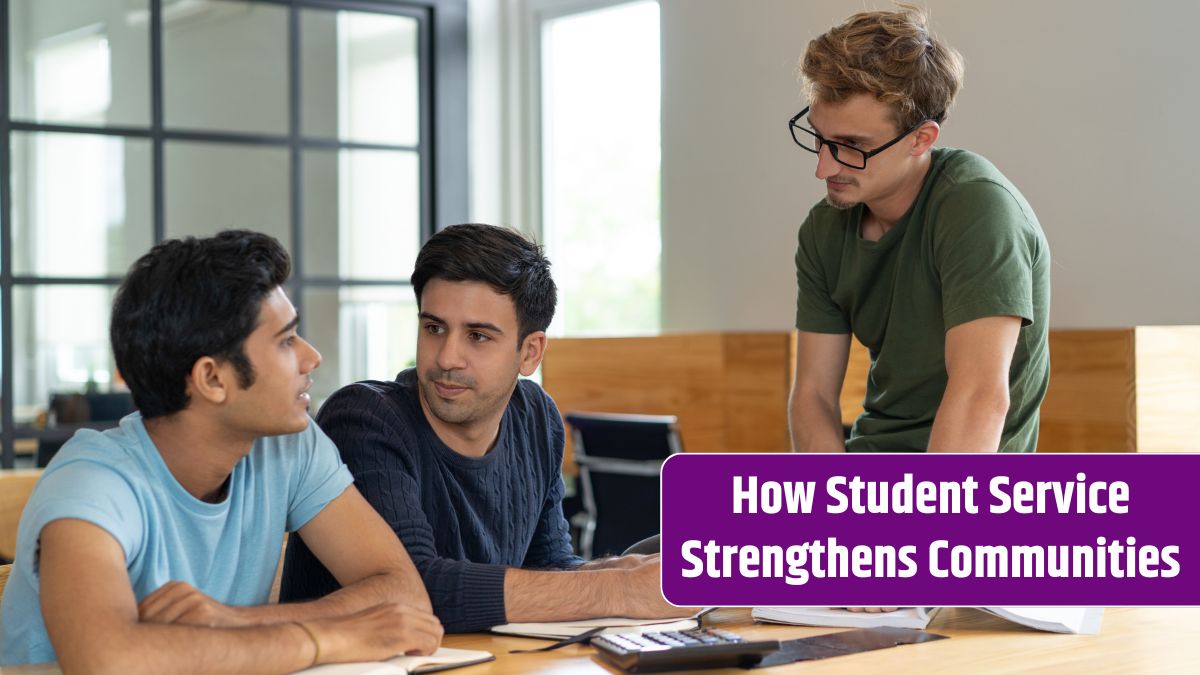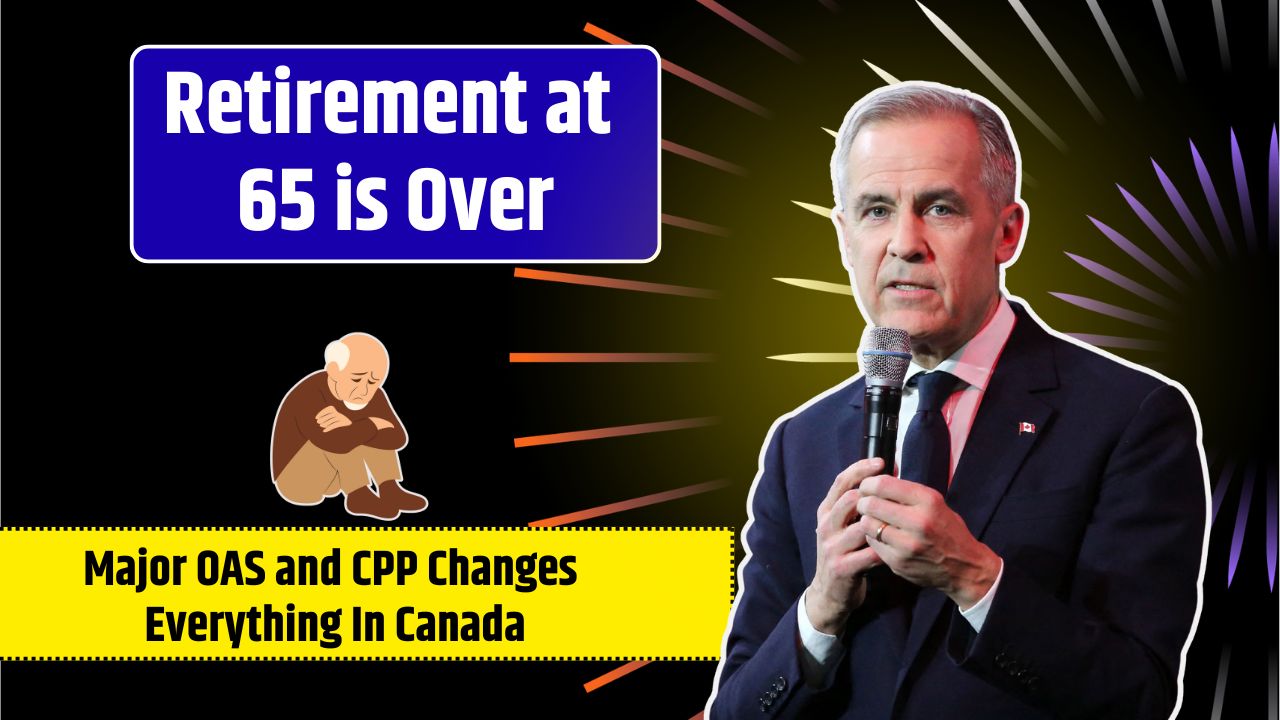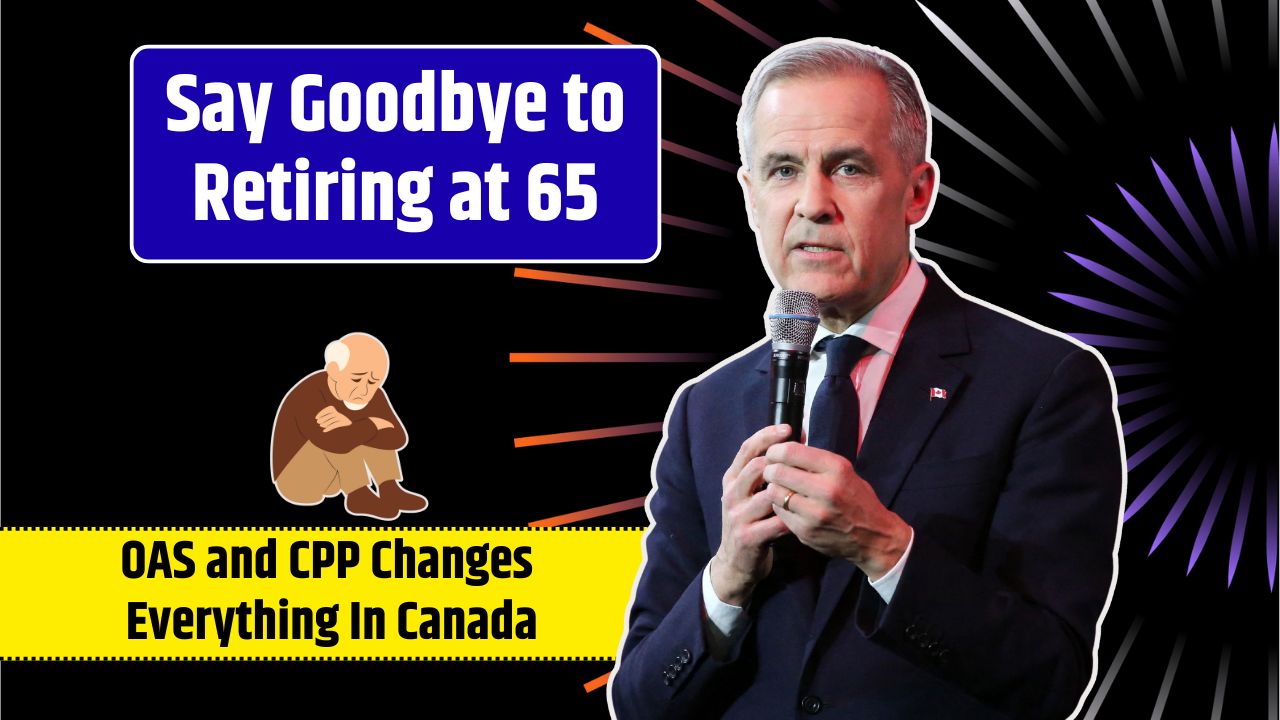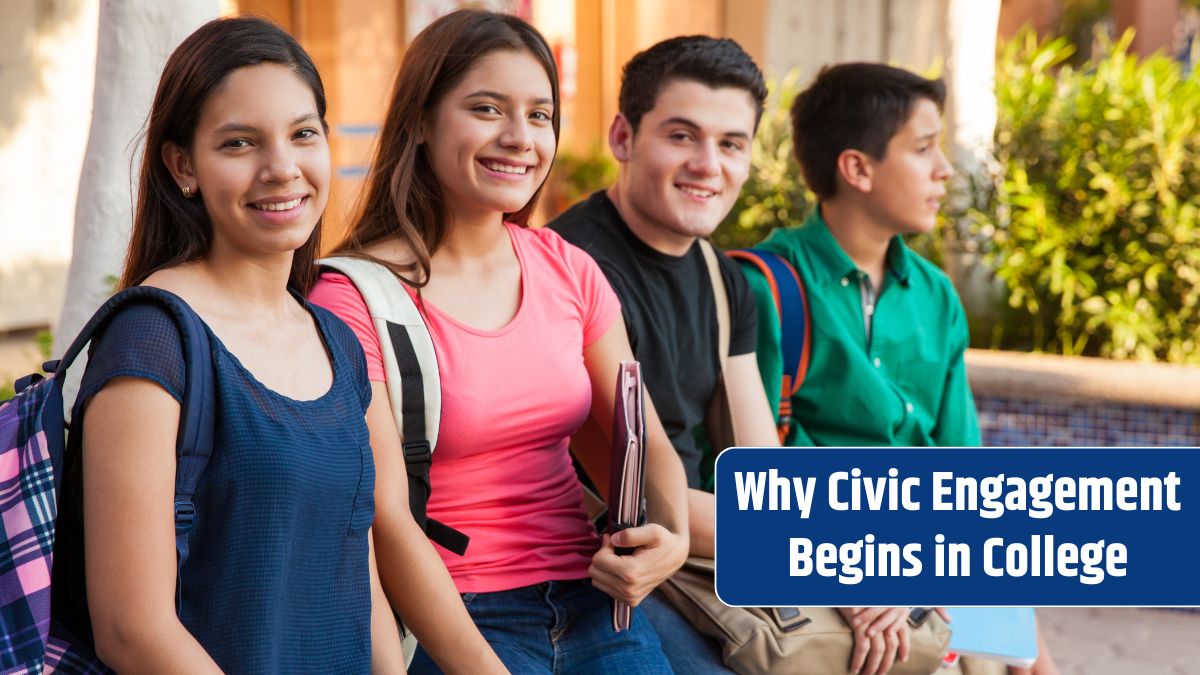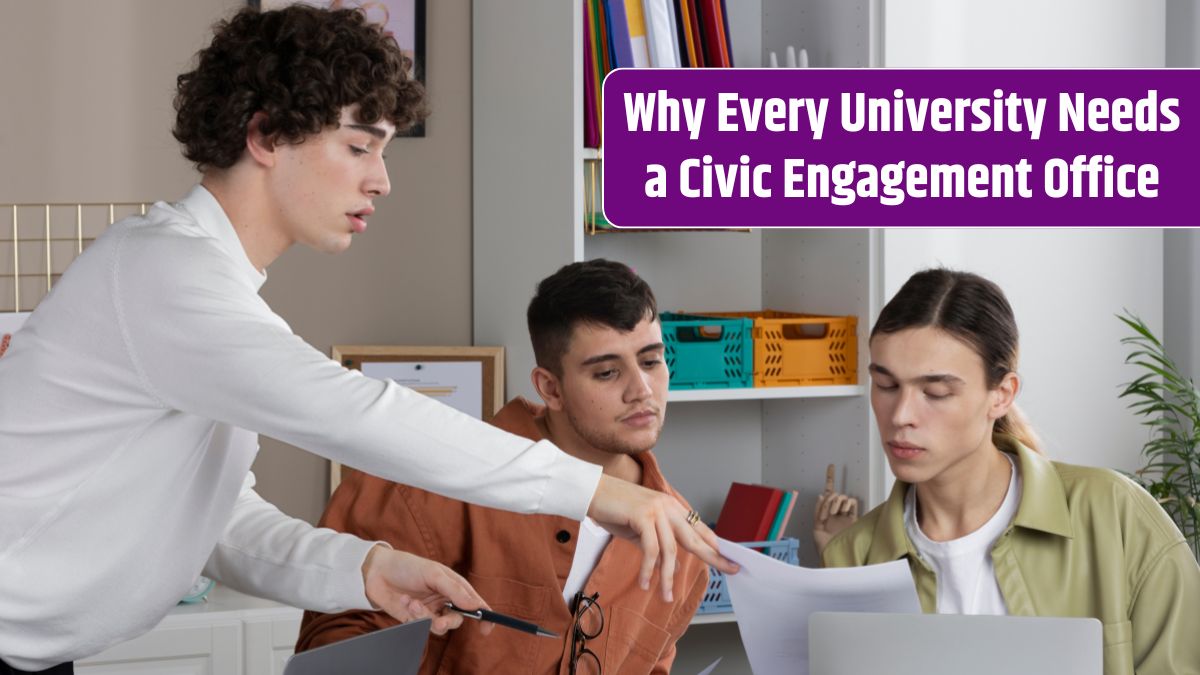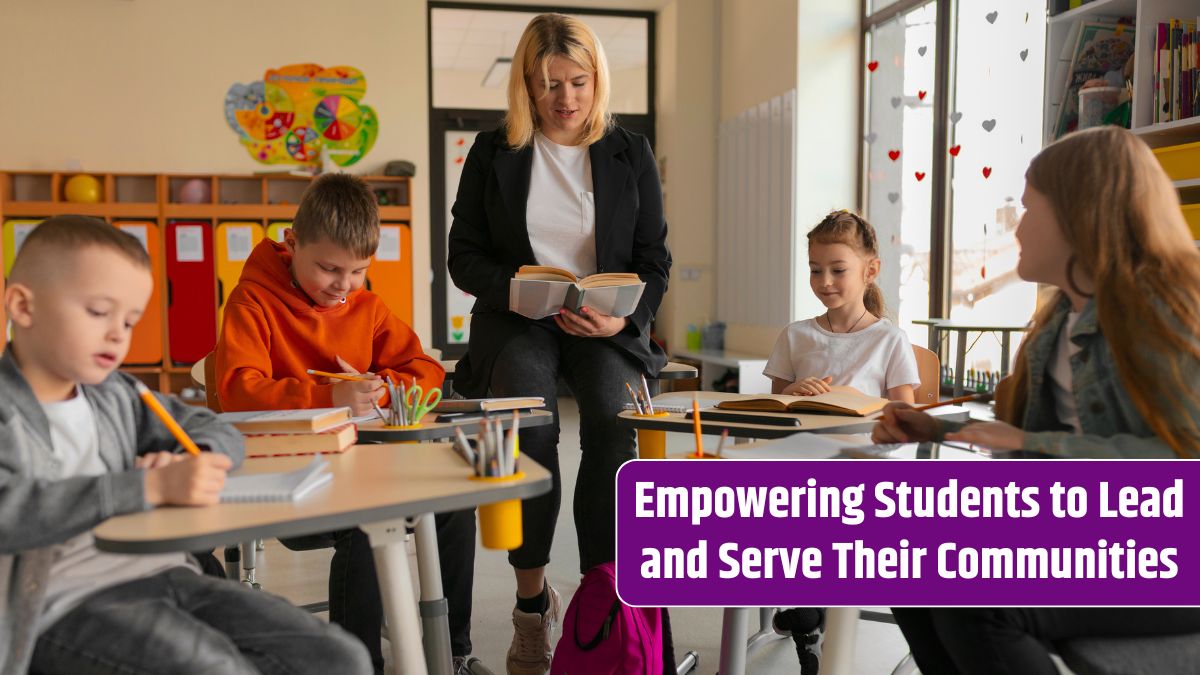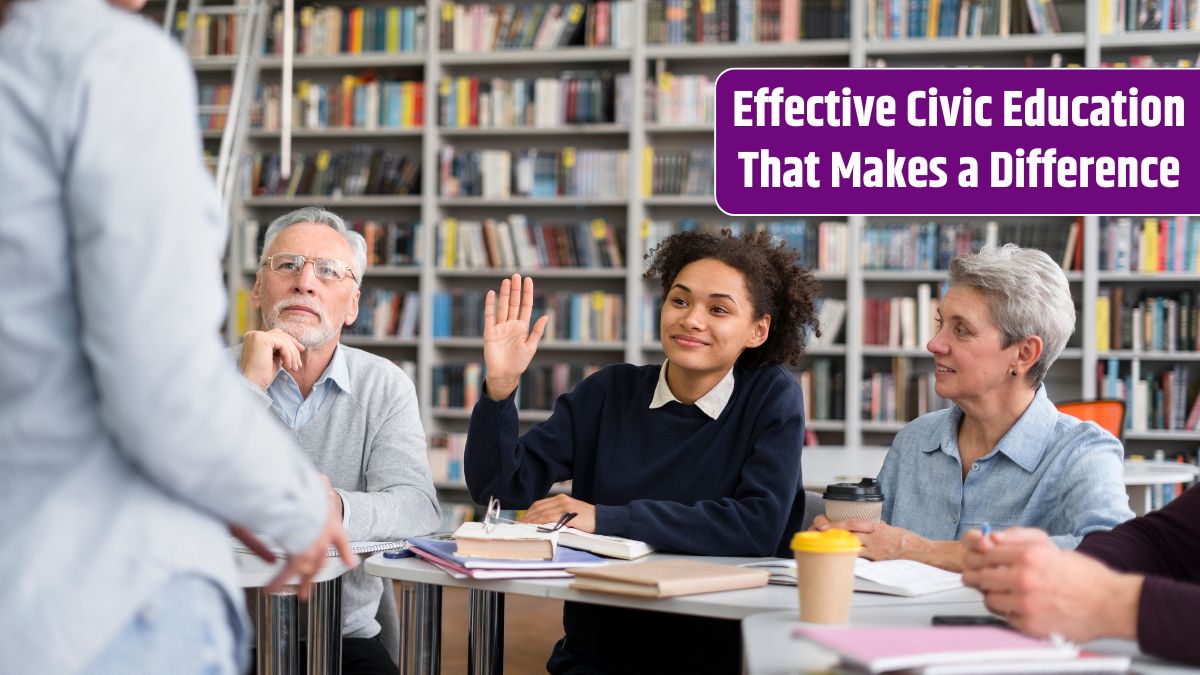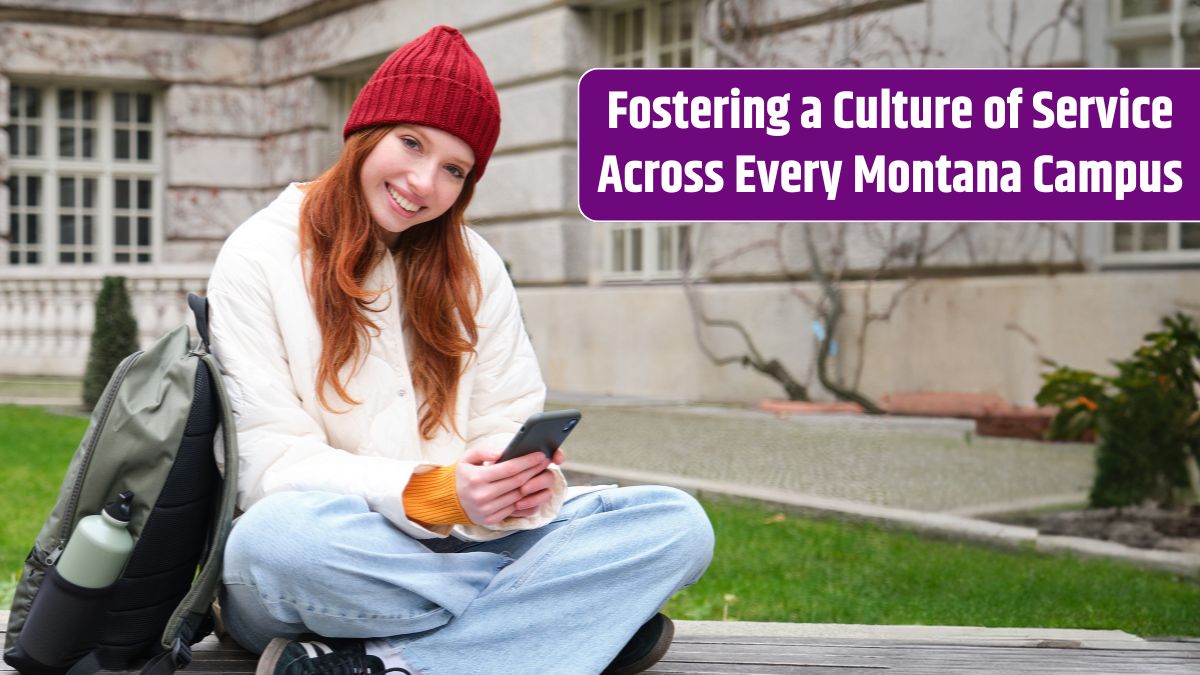Ever wonder how small student-led projects can create ripple effects that transform entire communities? It’s not just about volunteering a few hours here and there—it’s about real impact. When students engage in service, they gain life skills, and their efforts breathe new energy into neighborhoods, schools, and local organizations. Let’s cut into how student service goes beyond the classroom and becomes a catalyst for community strength.
Table of Contents
Purpose
At the heart of student service is a simple but powerful purpose: to give back. Whether it’s organizing a food drive, tutoring younger kids, or helping clean up a local park, students begin to see themselves as part of something bigger. They realize their actions matter. This sense of purpose sparks responsibility and helps them grow into active, thoughtful citizens.
Learning
Student service is hands-on education at its best. Instead of just reading about civic duty, students live it. They develop soft skills like teamwork, communication, and leadership—skills they rarely learn through textbooks alone. Imagine a high school student managing a donation campaign. They’re budgeting, planning, negotiating—all skills that translate directly into future success.
Belonging
Community service makes students feel like they belong. When they see their efforts appreciated and their ideas welcomed, it builds confidence and connection. They start seeing the faces behind the issues—whether it’s a neighbor struggling with food insecurity or a child needing a mentor. It personalizes the problems and motivates deeper involvement.
Support
Let’s flip the narrative—communities don’t just benefit from student service; they support students too. Local businesses, nonprofits, and civic groups often partner with schools, offering mentorship and resources. This mutual support system creates a cycle where everyone grows stronger. Students get real-world experience, and communities get innovative ideas and enthusiastic help.
Growth
What’s amazing is how student service can shape both personal and communal growth. Students grow into leaders, while communities evolve through new programs, cleaner spaces, or revived public services. It’s a win-win. One small act—like organizing a book drive—can lead to big changes, such as improved literacy rates or stronger school-community ties.
Impact
So, what does the impact really look like? It’s visible in cleaner neighborhoods, increased voter turnout, more active youth, and stronger school reputations. It’s also emotional—residents feel cared for, and students feel empowered. Community service isn’t just a checkbox—it’s transformation in motion.
Here’s a quick table showing how student service benefits both students and communities:
| Benefit Type | For Students | For Communities |
|---|---|---|
| Skills | Leadership, teamwork, problem-solving | Fresh ideas, youth involvement |
| Emotional Growth | Confidence, empathy, resilience | Stronger social bonds |
| Social Impact | Civic awareness, career preparation | More engaged, supportive citizens |
By encouraging student service, schools don’t just create better students—they help build stronger, more connected communities. It’s a simple equation: when students serve, everyone benefits.
FAQs
What is student service?
It’s volunteering or community work done by students.
Why is student service important?
It builds skills, empathy, and strengthens communities.
How does service help students grow?
They gain leadership, teamwork, and real-world experience.
Who benefits from student service?
Both students and local communities benefit equally.
Can small service acts make a difference?
Absolutely, small efforts often spark big changes.

